Subtotal: 113 $
The antibacterial of Peganum harmala LAURUS Pozitive Energy, Spiritual, Hypnotic Relax – ORGANIC
35 $
eganum Harmala Antibacterial, Laurus Positive Energy, Spiritual, Hypnotic Relaxation”
Peganum harmala (Syrian Rue) and Laurus (laurel) are different plants with distinct characteristics and uses. Each plant has its own properties and areas of application. Below, you can find information explaining the features of both plants and the areas in which they are used:
Peganum Harmala (Syrian Rue):
- Peganum harmala is a plant species that grows in the Middle East and South Asia.
- It is traditionally used in shamanic and religious rituals.
- Peganum harmala contains psychoactive alkaloids, so it can have mind-altering effects and should be used with caution.
- It is not prominently known for its antimicrobial or antibacterial properties.
- It is associated with spiritual balance and personal exploration.
- Its usage and legal status can vary by country.
Laurus (Laurel):
- Laurus is a tree species that grows in the Mediterranean region.
- Laurel leaves and flowers contain volatile oils with antibacterial properties and can have antimicrobial effects in certain applications.
- Laurel is traditionally used as a culinary spice and is an essential part of Mediterranean cuisine.
- Laurel essential oil can be used for relaxation in aromatherapy applications.
- It is used in spiritual rituals to attract positive energy, establish spiritual balance, and provide protection.
- It has some traditional uses for medicinal purposes.
- It holds cultural and symbolic significance.
In conclusion, Peganum harmala and Laurus (Laurel) are different plants with different properties and are directed toward different uses. Peganum harmala is primarily used for spiritual and exploratory purposes, while Laurus (Laurel) is widely used both in our cuisine and for creating positive energy and spiritual balance.
300 in stock



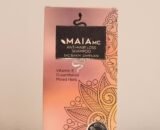
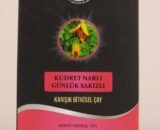
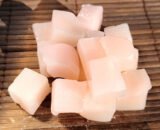
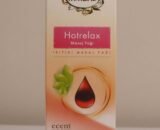


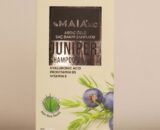
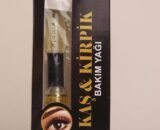


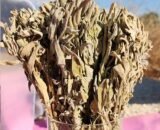
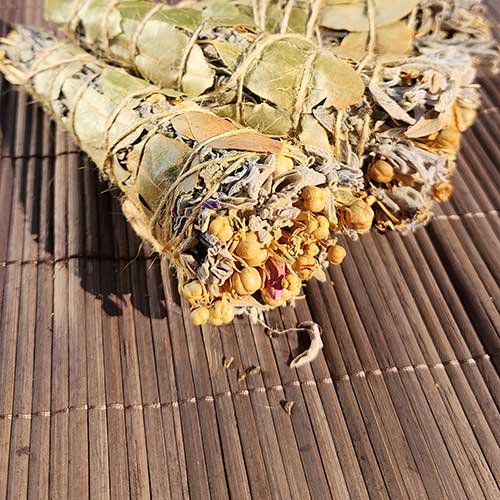
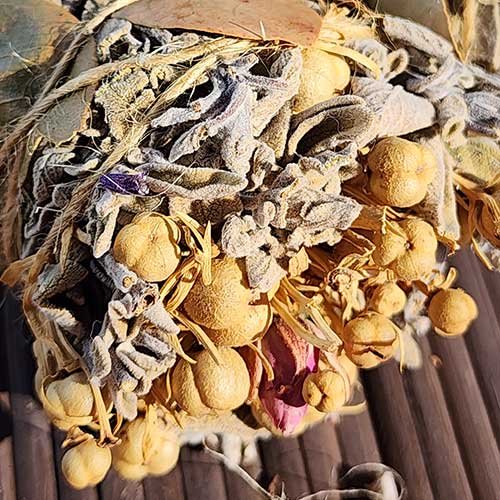
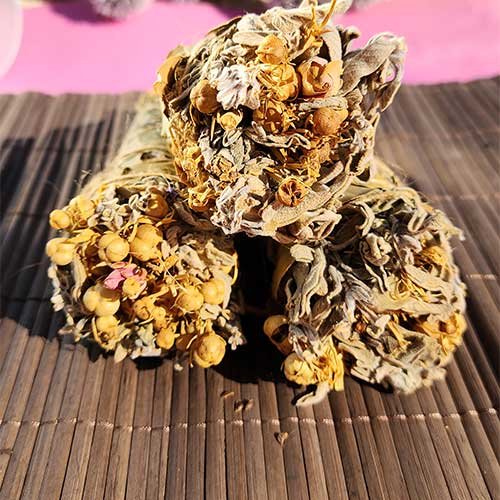







Customer reviews
Reviews
There are no reviews yet.
Write a customer review